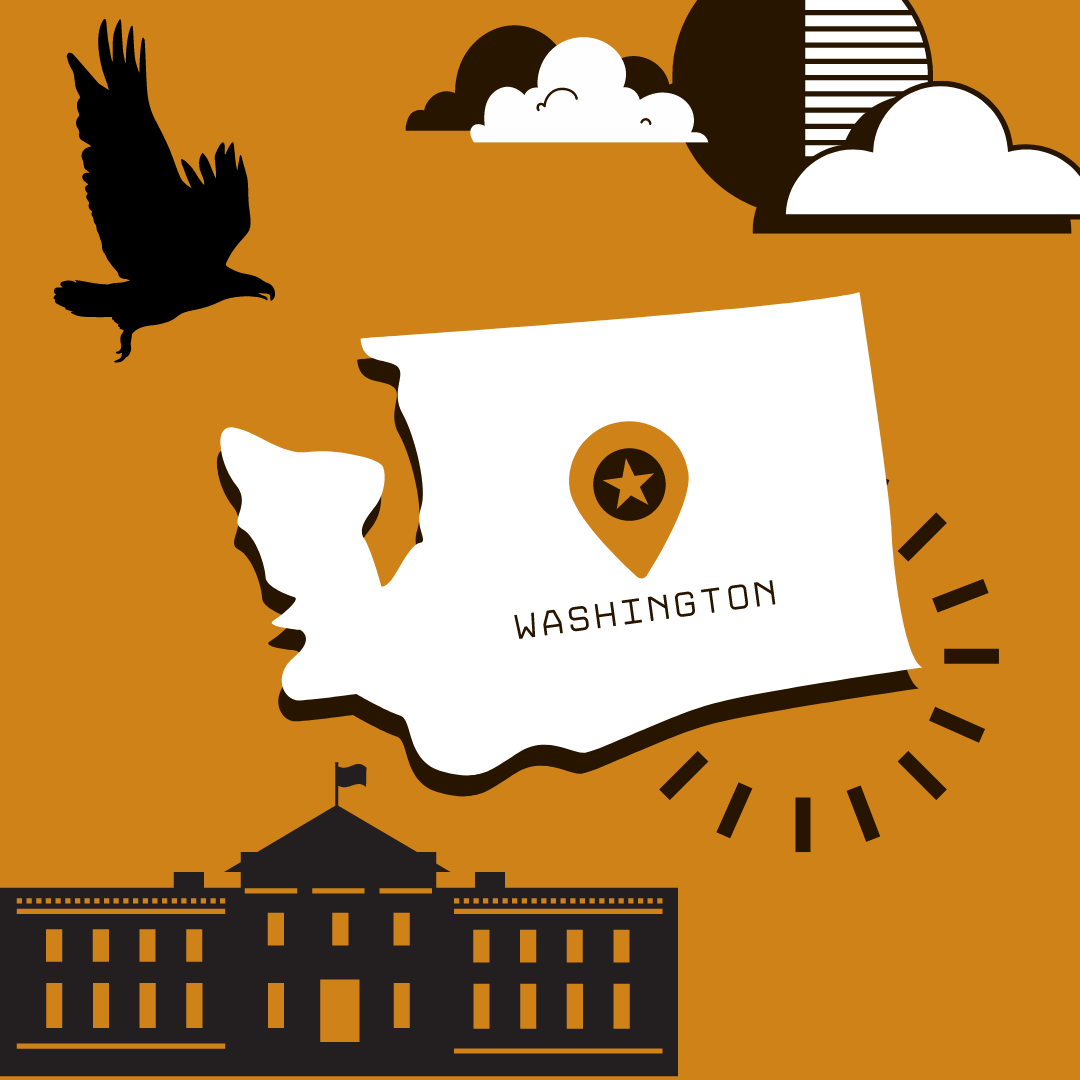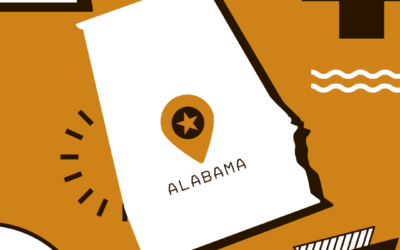Do you need to collect and remit sales tax in Washington?
Washington’s retail sales tax encompasses the sale of tangible personal property (like furniture, appliances, and clothing), digital products (e-books, apps, games), and certain services (construction, installation, repair, cleaning, etc.). Businesses engaged in such activities are responsible for collecting and remitting sales tax to the state.
But as with any state, there are exemptions to remember. These include sales made to certain government bodies, non-profit organizations, and sales of certain agricultural products or prescription drugs. A comprehensive list of exemptions can be found here.
There are other tax types which are components of sales tax in Washington. There’s the Business and Occupation (B&O) Tax, set at a rate of 0.47%, which applies to the gross income from various business activities including manufacturing, wholesaling, and providing services. Also enforced is a Litter Tax of 0.015%, which is imposed on manufacturers, wholesalers, and retailers of certain products that contribute to litter, (think food, soft drinks, cigarettes, and newspapers).
Do you have sales tax nexus in Washington?
Sales tax nexus applies to businesses that have a presence within a state, whether it’s through a physical location or reaching a certain threshold of economic activity. This nexus serves as the cornerstone for understanding the applicability of sales tax for different businesses and structures.
Physical sales tax nexus in Washington
In Washington, businesses with a physical nexus maintain presence within the state. Physical presence might encompass having an employee working there, owning real or tangible property, storing inventory, or renting office space. Even soliciting sales within Washington through employees or representatives contributes to that physical presence. Having a physical nexus means businesses must register for, collect, and remit sales and B&O tax, no matter the sales volume or frequency.
Economic sales tax nexus in Washington
Economic sales tax nexus in Washington applies to businesses without a physical presence in the state that exceed the economic nexus threshold of $100,000 in sales within a calendar year. This sales threshold includes all sales made to Washington, even if they are considered exempt from tax. Economic nexus ensures that businesses making significant sales in Washington contribute their fair share of sales tax. This concept captures the evolving tax landscape amidst the growth of online businesses and interstate commerce, resulting in a fair balance of tax liability for both local and out-of-state businesses.
Are marketplace facilitators required to collect and remit sales tax in Washington?
Requirements for marketplace facilitators in Washington can sometimes be complex. If they’re making sales to consumers in Washington—whether through their own transactions or on behalf of marketplace sellers—they must register to collect sales tax. This applies if they exceed the economic nexus threshold, have a physical presence in Washington, if the marketplace sellers they represent have a physical presence, or if they’re organized or commercially domiciled in the state.
Additionally, any commission earnings they receive are subject to the state’s Business & Occupation (B&O) tax.
When it comes to sellers, they are relieved from sales tax responsibilities on sales made through a registered marketplace facilitator. However, if they sell through other means such as their own websites, or engage in wholesaling or other retail activities, they must include marketplace facilitator sales when calculating economic nexus.
What platforms are marketplace facilitators?
What is a marketplace facilitator?
A marketplace facilitator, sometimes referred to as a Multivendor Marketplace Platform (MMP), is an online platform that allows customers to purchase goods or services from various vendors in one convenient location. These platforms can benefit businesses by increasing product visibility and attracting a larger customer base. Additionally, marketplace facilitators often have the legal responsibility to collect and remit sales tax on behalf of sellers, which can help ease the sales tax burden for businesses.
Filing Washington Sales Tax
For businesses with nexus in Washington and an obligation to collect sales tax, the journey begins with properly registering your business.
Depending on your business structure, registration steps may vary. Businesses defined as Corporations, Partnerships, Liability Companies, or Limited Liability Partnerships with physical nexus must first register with the Washington Secretary of State. If you’re a remote retailer with economic nexus, you don’t need to worry about Secretary of State registration. Every Washington business taxpayer will also need to complete a Business License Application either online or through traditional mail.
Post-registration, the Washington Department of Revenue will issue an information packet that includes pivotal details such as your Account ID and filing frequency. With this information, you can start collecting sales tax from your customers.
Washington—like most states—follows a destination-based sales tax system. Put simply, you’ll collect sales tax based on your customer’s location when they receive their product or service. For instance, customers making purchases at your business location will incur sales tax according to your location’s rate. However, for goods or services your customer receives elsewhere—such as through deliveries—sales tax reflects that location’s rate.
When it is time to file, Washington mandates electronic filing and payment from taxpayers, unless you’ve secured a departmental waiver permitting paper submissions. Electronic filings are done through Washington’s My DOR, but you will need to create an account first. All sales tax types, including Retail, Business & Occupation, and Litter tax are filed through My DOR.
Remember to follow these best practices:
- File your sales tax returns, even if you have no sales or tax to report.
- Retain comprehensive sales tax records for a minimum of five years to prepare for potential audits.
- Make sure to separate collected sales tax from your business income, and never use these funds for expenses unrelated to state remittance.
Let us file for you!
If you’re looking for help with a myriad of sales tax obligations, that’s why we’re here! We are a one-stop-shop for comprehensive sales tax services! Our range of services includes nexus determination, business registration, compliance reviews, audit assistance, and—of course—filing sales and use tax returns. If you don’t see what you need, let us know and we’ll create a customized solution just for you. Visit our services page to learn more!
When are sales tax returns due in Washington?
Upon registering your business, Washington will assign you a filing frequency based on your estimated annual business income. The following are the filing frequencies and their respective due dates:
- Monthly returns: These are due by the 25th of every month. For example, the June tax return is due on July 25th.
- Quarterly returns: These are due by the end of the month following the tax quarter. For example, Quarter 1 (January-March) is due by April 30th.
- Annual returns: These are due by April 15th of the proceeding year. For example, an Annual 2023 Tax Return will be due on April 15th, 2024.
If the due date falls on a weekend or legal holiday, the deadline is extended to the next business day.




